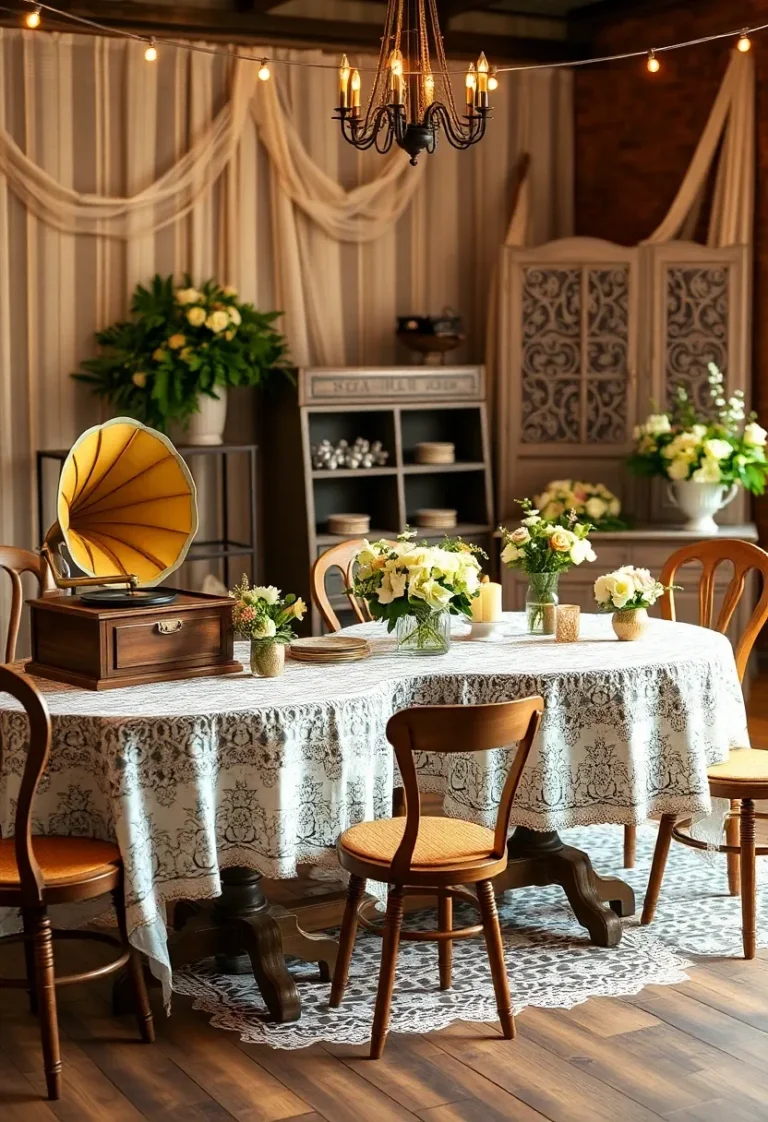Should You Have a Wedding Registry Gift List?
Should You Have a Wedding Registry Gift List?
Introduction
Creating a wedding registry gift list has become a common practice for couples preparing for their special day. This tool not only helps guests select appropriate gifts but also ensures that couples receive items they truly want and need. As wedding planning can be overwhelming, a registry can simplify the gift-giving process.
In this article, we will explore the significance of wedding registries, their advantages and disadvantages, and how they can enhance the overall wedding experience.
Definitions
A wedding registry is a curated list of gifts that a couple creates for their wedding guests to choose from. It often includes a variety of items, ranging from household goods to experiences and monetary contributions. Guests can purchase gifts directly from the registry or contribute towards the couple’s chosen experiences.
The primary purpose of a wedding registry is to help guide guests in selecting gifts that the couple desires, ensuring that the items received align with their tastes and needs.
Key Concepts
Several key concepts are essential to understanding wedding registries. First, the flexibility of a registry allows couples to include a mix of items, from traditional gifts like cookware to modern options like honeymoon funds. This variety caters to different budgets and preferences, appealing to a broader range of guests.
Additionally, registries help facilitate communication between couples and their guests. Couples can provide insights into their style and needs, while guests can feel confident in their gift choices, knowing they are meeting the couple’s desires.
Moreover, many registries offer online platforms that simplify the process. Couples can manage their lists easily and guests can purchase gifts with just a few clicks, enhancing convenience for everyone involved.
Examples of Popular Registry Items
When creating a wedding registry, couples often select a variety of items. Popular choices include kitchen essentials like cookware sets, utensils, and small appliances. Home decor items, such as artwork and decorative pillows, also feature prominently, allowing couples to personalize their living spaces.
Additionally, experiential gifts like cooking classes, travel vouchers, or spa days are increasingly popular. These options provide couples with memorable experiences rather than just physical items, aligning with modern trends in gift-giving.
Finally, some couples choose to include monetary contributions to fund larger projects, such as home renovations or a honeymoon, giving guests the flexibility to support the couple’s goals.
Pros and Cons of Having a Registry
Having a wedding registry offers several advantages. One significant benefit is that it ensures couples receive items they genuinely want and need. This can help reduce duplicate gifts and ensure that guests feel confident in their selections.
Furthermore, registries can simplify the shopping experience for guests, providing them with a clear direction and saving them time. This convenience can lead to a more positive experience for everyone involved in the wedding planning process.
However, there are some drawbacks to consider as well. Some guests may feel pressured to purchase gifts from the registry, leading to discomfort for those on a tight budget. Additionally, couples might face the challenge of striking a balance between practical items and more luxurious gifts, ensuring that their registry appeals to all guests.
Moreover, a registry might inadvertently lead to feelings of obligation among guests, who may feel compelled to spend more than they intended. Therefore, couples should communicate openly about their registry choices to alleviate any potential pressure on their guests.
Case Study: Successful Registries
To illustrate the potential success of wedding registries, consider the case of Sarah and John, a couple who curated a diverse registry. They included a mix of practical kitchen items, home decor, and experiential gifts, appealing to their guests’ varying budgets.
By promoting their registry across multiple platforms, including their wedding website and social media, they ensured that their guests were aware of their preferences. As a result, they received gifts that matched their tastes perfectly, enhancing their home together.
This case demonstrates how a well-thought-out registry can lead to a successful gift-giving experience, benefiting both the couple and their guests.
Future Trends in Wedding Registries
The landscape of wedding registries continues to evolve, with trends leaning towards more personalized and experience-based gifts. Couples are increasingly opting for registries that allow guests to contribute to adventures, travel, or charitable donations.
Additionally, technology will likely play a larger role, with the integration of apps and online platforms that streamline the registry process. These advancements will make it easier for couples to update their registries and for guests to purchase gifts.
Conclusion
In conclusion, having a wedding registry gift list can significantly enhance the wedding experience for both couples and their guests. By providing guidance on gift selection, registries help ensure that couples receive meaningful and practical items.
While there are pros and cons to consider, the benefits often outweigh the drawbacks. Couples should approach their registries thoughtfully, creating lists that reflect their needs and desires, ultimately fostering a positive gift-giving experience.







